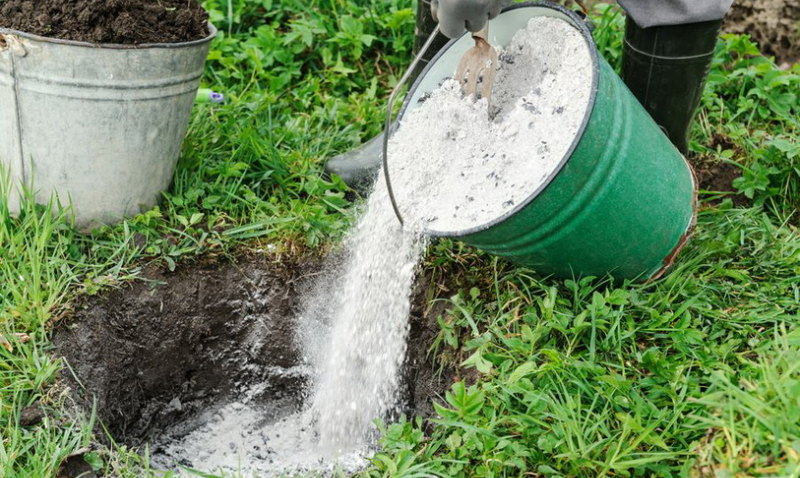
Ash in the garden: how to use
0
Gardeners often encounter various pests, diseases and weeds that can damage or destroy crops. Therefore, it is necessary to constantly fight with them, using various methods.
Details
There are many chemical preparations for the fight against weeds and pests. But they are not always safe for human health and the environment.
In addition, they can be quite expensive and ineffective if used incorrectly.
There is one simple and natural remedy that can help solve many problems in the garden. This is ash.
Ash is a product of burning wood, grass, leaves and other plant materials. It contains many useful elements, such as potassium, calcium, magnesium, phosphorus and others.
Ash can be used for various purposes in the garden.
- Fertilizer. Ash can be spread over the beds before planting or applied to the soil during loosening. It increases soil fertility, improves its structure and water-holding capacity. Ash is especially useful for tomatoes, cabbage, cucumbers and other vegetables.
- Protection from pests. Ash repels many insect pests, such as the Colorado potato beetle, aphids, cabbage moths, slugs and others. To do this, you need to sprinkle ash on the plants and the soil around them. Ash also protects against rodents that do not like its smell and taste.
- Protection against diseases. Ash helps to prevent or treat some fungal and bacterial diseases of plants, such as late blight, alternaria, bacteriosis and others. To do this, you need to spray the plants with a solution of ash: 1 glass of ash per 10 liters of water. The solution can be added to the holes when planting plants.
- Destruction of weeds. Ash can help get rid of unwanted vegetation in the garden. To do this, you need to sprinkle ash on the places where weeds grow. Ash suppresses the growth of seeds and roots of weeds and makes the soil unsuitable for them.
Ash is an effective and inexpensive tool for the garden, which can be obtained from any available plant waste. However, some rules must be followed when using it.
- Do not use ash from coal, tobacco or other synthetic materials, as they may contain harmful substances.
- Do not use ash on acidic soils, as it increases their pH and can disrupt the balance of nutrients.
- Do not sprinkle ash on plants immediately after rain or watering. It can form a crust on leaves and stems and interfere with respiration and photosynthesis.
- Do not add too much ash, as it can cause plant burns or oversaturate them with potassium. Follow the dosage recommendations: 100-200 g of ash per 1 square meter. m of soil or 1 glass of ash per 10 liters of water for spraying.
By using ash in the garden, you can not only get rid of many problems, but also save on the purchase of expensive chemicals.



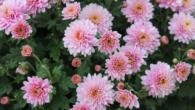

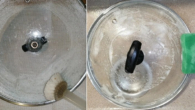
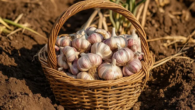
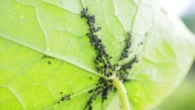

Leave a Reply